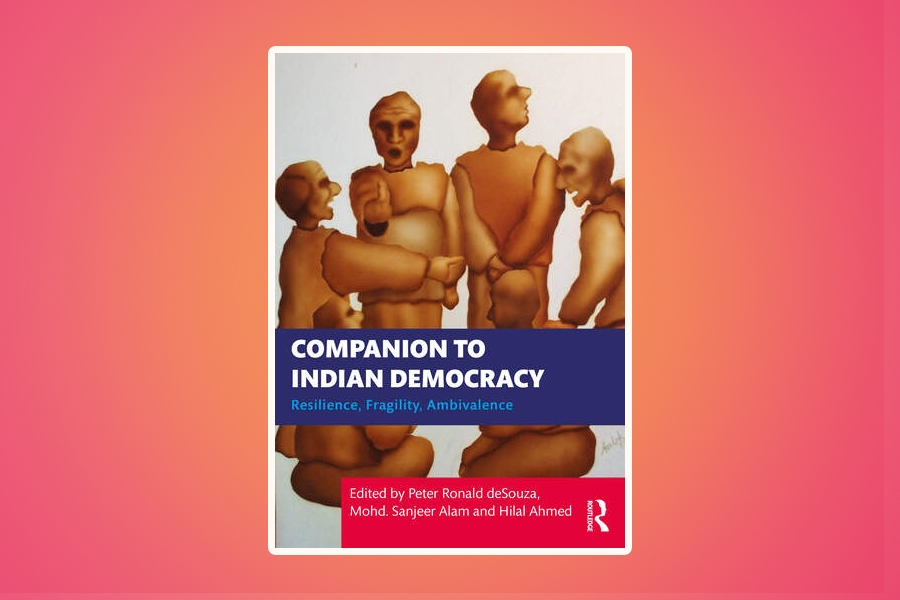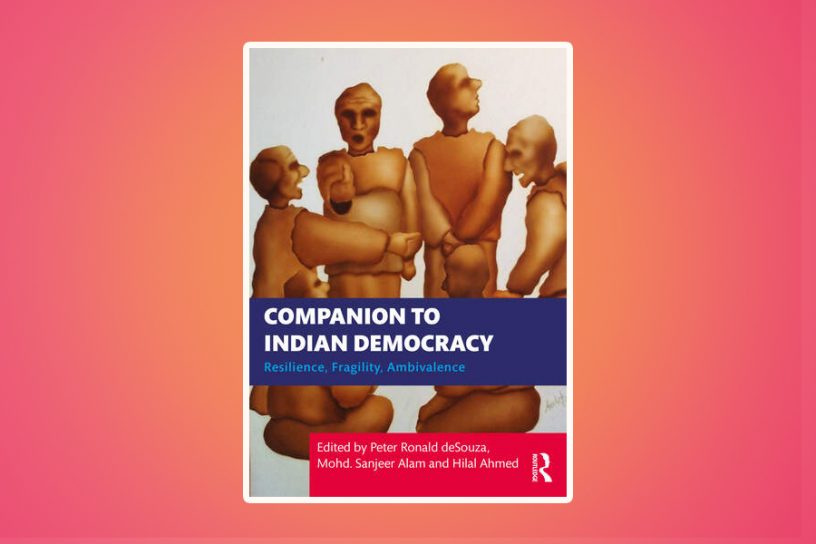
This book chapter unpacks the Indian debate over net neutrality that began with plans by two telecom companies to offer free services and argues that the changing technologies have paved the way for new modes of public expressions.
Author
Sukumar Muralidharan, Professor, Jindal School of Journalism and Communication, O.P. Jindal Global University, Sonipat, Haryana, India.
Summary
This chapter explores the relationship between freedom of expression and contemporary forms of democracy. It unpacks the Indian debate over net neutrality that began with plans by two telecom companies to offer free services.
One of these was explicitly premised on websites paying the cost, i.e., it was just about transferring the cost burden from one end of the chain to another. The other worked on the premise that advertising revenue would cover the cost of rendering the special favour of free access.
Ironically, the latter plan was dressed up as a special dispensation for those without means, where advertiser interest was likely minimal.
In this context, it is argued in the chapter that the changing technologies have paved the way for new modes of public expressions. Democracy as a value and a set of principles must acknowledge these developments.
Published by: Routledge, New Delhi
To read the full article, please click here.


